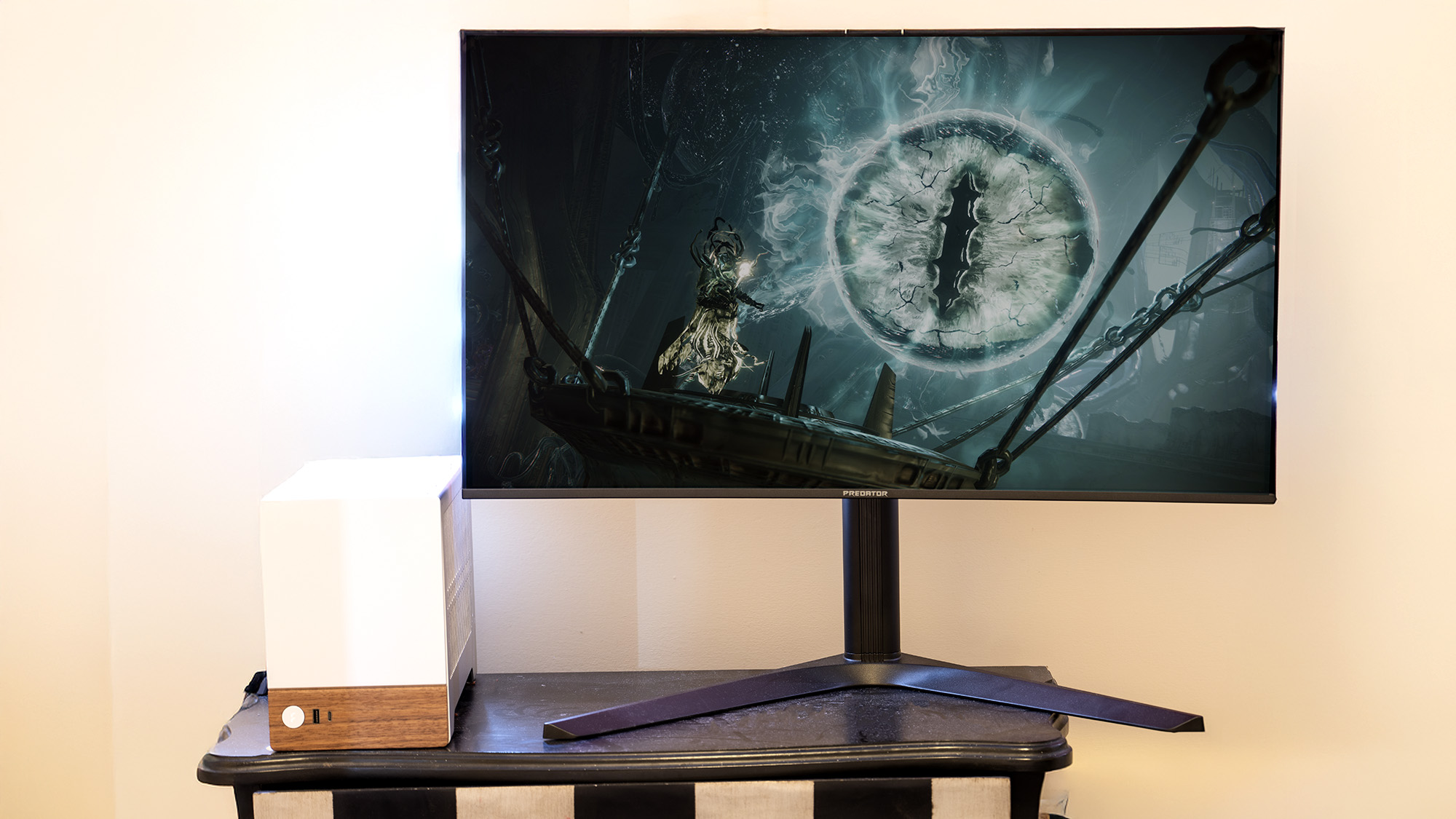U.S. House of Representatives memo reveals WhatsApp has been banned from employee devices, citing "a high risk to users due to the lack of transparency in how it protects user data" and security concerns
I'm just horrified they were using WhatsApp in the first place.

Messaging apps are one of the banes of my existence. Every time I connect with someone new it seems there's some back and forth on what app we should use to communicate. Often a part of this includes explaining to folks why I don't use things like WhatsApp, due to the mix of ownership, security, and general distaste. It's a horrible conversation where I look like an elitist jerk, but it warms my heart a little to know that now, everyone who works in the US House of Representatives will have to do the same thing.
According to Reuters, a memo went around the House of Representatives staff on Monday explaining that the popular messaging app has been banned. The Meta (Facebook)-owned WhatsApp messaging service has been deemed too much of a security risk to be allowed on employees devices.
The memo reads the "Office of Cybersecurity has deemed WhatsApp a high risk to users due to the lack of transparency in how it protects user data, absence of stored data encryption, and potential security risks involved with its use."
The ban actually comes just in time, as Meta gets ready to add ads to make the messaging app a bit more like Instagram. This memo has likely saved many in the House of Representatives from some pretty invasive targeted advertising.
Naturally Meta is none too pleased with this development and disagrees "in the strongest possible terms," to the move to ban the app. A spokesperson from Meta also stated that WhatsApp has a higher level of security than other messaging apps that are still allowed. But it's likely not just the security level, but also the likelihood of being targeted that singled WhatsApp out for this ban.
WhatsApp being so popular, and not exactly having the best security around has made it the target of bad actors in the past. This includes Israeli spyware companies such as Paragon Solutions. It also means that it's so much easier for hackers to get access via someone you know, due to the apps prevalence, especially with those not so security minded.
Other messaging apps were recommended as alternatives in the memo from the chief administrative officer. Weirdly we don't see Discord, for the gamers in the House (of reps). Instead, these include Microsoft Teams, Amazon's Wickr, Apple's iMessage and FaceTime, and my pick of the bunch, Signal.
Keep up to date with the most important stories and the best deals, as picked by the PC Gamer team.
Signal is an end-to-end encrypted messaging app I've been using for years. It's an independent nonprofit dedicated to privacy, so there's no ads or tracking. Most importantly, they can't see your chats and neither can anyone else, so it's usually the one I push for in that "what messaging app do you use" conversation from earlier.
Hopefully this will see more people give WhatsApp the boot in favour of exploring some slightly less partial messaging providers. If it's not good enough for the United States House of Representatives, then is it really good enough for you? I don't think so! Maybe consider this the time to treat yourself to a safer, more transparent messaging system that isn't owned by one of the world's richest men.

👉Check out our list of guides👈
1. Best gaming chair: Secretlab Titan Evo
2. Best gaming desk: Secretlab Magnus Pro XL
3. Best gaming headset: HyperX Cloud Alpha
4. Best gaming keyboard:Asus ROG Strix Scope II 96 Wireless
5. Best gaming mouse: Razer DeathAdder V3 HyperSpeed
6. Best PC controller: Xbox Wireless Controller
7. Best microphone: Shure MV6 USB Gaming Microphone
8. Best webcam: Elgato Facecam MK.2

Hope’s been writing about games for about a decade, starting out way back when on the Australian Nintendo fan site Vooks.net. Since then, she’s talked far too much about games and tech for publications such as Techlife, Byteside, IGN, and GameSpot. Of course there’s also here at PC Gamer, where she gets to indulge her inner hardware nerd with news and reviews. You can usually find Hope fawning over some art, tech, or likely a wonderful combination of them both and where relevant she’ll share them with you here. When she’s not writing about the amazing creations of others, she’s working on what she hopes will one day be her own. You can find her fictional chill out ambient far future sci-fi radio show/album/listening experience podcast right here. No, she’s not kidding.
You must confirm your public display name before commenting
Please logout and then login again, you will then be prompted to enter your display name.

